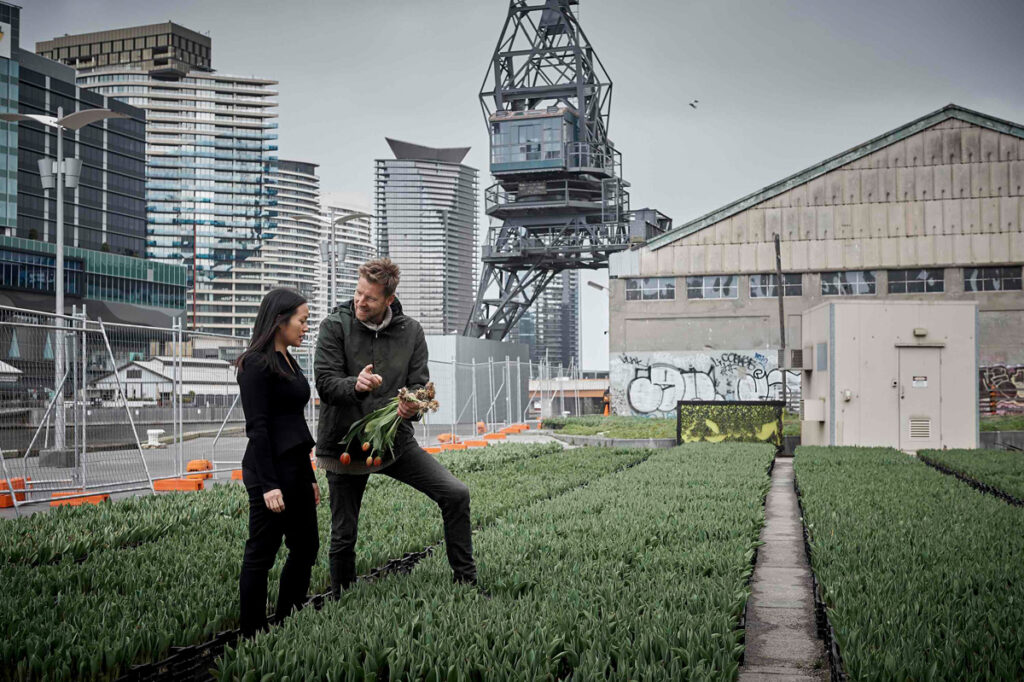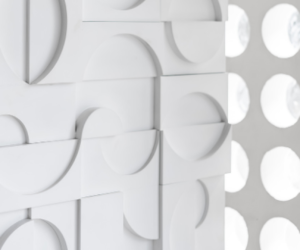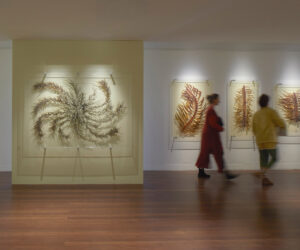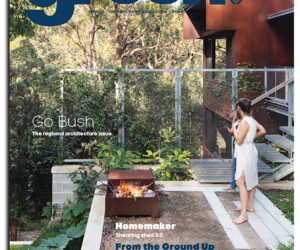150 000 tulips to line Yarra River on first day of spring
Over 150 000 tulips will line the banks of Melbourne’s Yarra River this Sunday as part of a large-scale installation by sustainable designer and eco-warrior Joost Bakker.
Largely known for lining Hosier Lane last year with a sea of tulips that were destined for the bin, this weekend’s activation will be five times larger, with Joost seeking to raise awareness of the epidemic facing local flower growers.
“For the last four of five years, flower growers have struggled to maximise their economic potential due to an industry facing headwinds; imported flowers now account for a large portion of the market, meaning a lot of growers in Australia have gone out of business,” said Joost.
Tulips have been in the Bakker bloodline since the 1800s with tulips originally grown in the north of Holland. Today, the only Bakker left in the industry is Joost’s brother – but this year will be his last.
“It’s not economically viable any more for growers; industry cost pressures are a direct result of consumers purchasing imported flowers grown overseas.”
According to the IBISWorld Floriculture Production in Australia report, imported flowers have increased from $21.5 million in FY10 to $70.2 million in FY19. In line with the increase in imports, domestic production has decreased $42.2M in the same period.
The 150 000 tulips arrived at the Northbank location in mid August via two semi trucks from Joost’s brother’s farm in Monbulk, only to be unpacked and lined along the water in anticipation for the first day of spring.
“We want people to come and visit the activation, learn about the industry and what they can do to help and take a beautiful tulip home with them,” said Joost.
“Australian consumers understandably expect high standards when it comes to minimum wages, clean production systems, and regulated chemical use, resulting in local production costs being higher.”
“However, these standards are not applied by consumers when purchasing imported flowers which, unlike fresh fruit and vegetables where country of origin must be listed on the label by law, such labelling laws do not exist for flowers leaving customers stumped as to the flowers’ origin.”
Instead, Joost encourages customers to ask their florist if it is locally grown and whether or not it is season.
“The tulips located at Seafarers haven’t been sprayed as they naturally grow and flower at this time of year but if we were to grow them in early summer it would require a lot of energy, pesticides, and insecticides as they are not naturally in season.”
The Victorian Farmers Federation’s subsidiary Flowers Victoria is the leading body for change in Australia, supporting the activation in conjunction with Melbourne Market Authority and the City of Melbourne.
Our city is renowned for its parks and arts; this is a brilliant installation that brings these iconic Melbourne elements together. We are delighted to support this initiative that will bring joy to many. We don’t always associate Fathers’ Day with flowers but this year we can!” said City of Melbourne Lord Mayor Sally Capp.
“The floriculture industry is an important part of Victoria’s economy with over 30 per cent of all flowers grown right here in Victoria. We have had a decline in the number of growers, so like many other agricultural commodities we need consumers to drive the demand for sustainable and locally grown flowers,” said President of The Victorian Farmers Federation David Jochinke.
The tulips are currently on-site at Riverlee’s Seafarers development and will line the wharf in front of the display suite, underneath the restored Malcolm Moore Crane and alongside the Goods Shed No5 come Sunday.
Seafarers was specifically selected due to its waterfront location and heritage-listed Goods Shed No5, in addition to Riverlee’s commitment to urban renewal and sustainable building practices.
“I just love graffiti, I’ve always loved that building (the Goods Shed), the design, the history – I love that it’s not getting pulled down and it’s becoming part of the development. It’s a great location along the water – it’s such a juxtaposition. You have this large volume of incredibly bright tulips in such an urban, concrete environment,” said Joost.
Riverlee Sales and Marketing Director Kristine Lee Pratt said the installation makes a perfect home at the upcoming Seafarers’ mixed-use precinct, which is set to revitalise the unique and interesting past of Melbourne’s Northbank.
“The Northbank site was once bustling with activity as the original port of Melbourne but has remained dormant for decades; this activation represents part of what’s to come, a new riverfront precinct for Melbourne with over 3500-square-metres of public waterfront parkland designed to bring the Yarra River back to nature.”
“Most importantly, the activation shines a light on the importance of sustainability and supporting locally grown produce, which ties into our commitment to the preservation of Melbourne’s rich history and encouraging, residents, locals and visitors to live more consciously,” she said.
The interactive public installation will offer complimentary blooms to be collected early morning on Sunday, September 1 until all the flowers are gone. The collection point commences from Seafarers Bridge and will run the length of the wharf, past Goods Shed No.5.
Riverlee’s $450 million mixed-use Northbank project Seafarers will be home to Australia’s first 1 Hotel, a eco-conscious hotel by SH Group & Resorts, 130 luxury residences and an 800-seat function hall, all accompanied by a 3500-square-metre public park, to be known as Seafarers Rest.
Melbourne’s famed artisanal roaster St Ali Coffee will be serving its much-loved coffee at the activation, partnering with Returnr to ensure a waste free event. Visitors are encouraged to bring their own cup, or Returnr cups will be available for a $6 deposit.
For more information about Returnr please visit returnr.org



